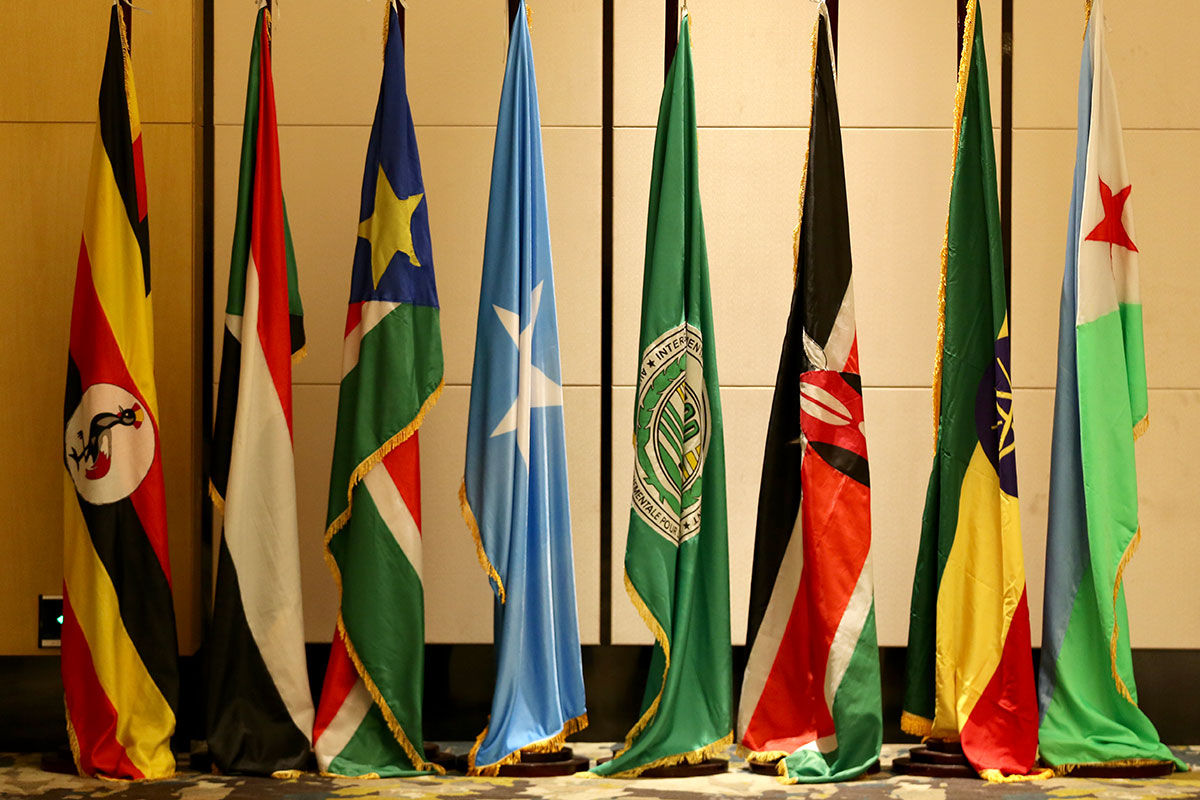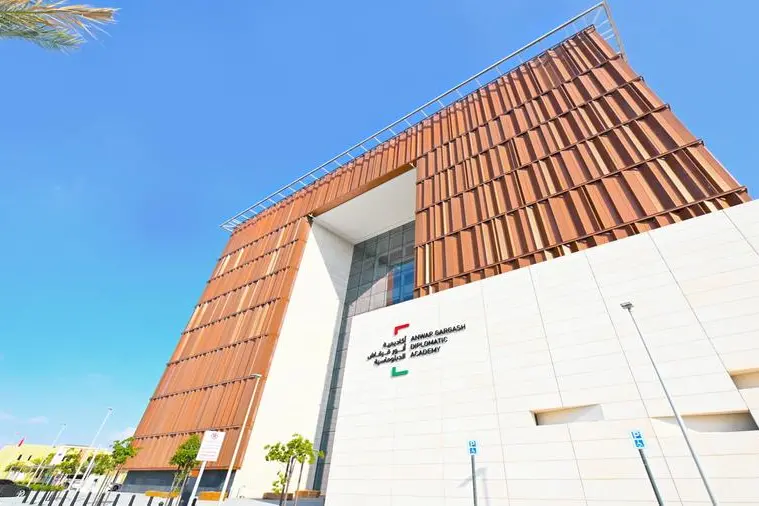In 2018, the Intergovernmental Authority for Development (IGAD) Mediation Support Unit (MSU) held a High-Level Retreat with the aim to deepen knowledge and understanding on Dialogue and Reconciliation. Consequently, there was a recommendation to develop a regional reconciliation framework and dialogue index. The plenary reiterated the need to identify and develop reconciliation frameworks at national levels as well as a regional reconciliation framework and dialogue index.
To that end, ACCORD provided technical support to the IGAD MSU Review and Validation Workshop that was held from the 9th – to the 11th November 2020, in Nairobi, Kenya. The review and validation workshop brought together representatives from member states, and mainly the institutions that were previously consulted by IGAD MSU and ACCORD, to provide an in-depth analysis of the report. The workshop commenced with a presentation of the report highlighting key objectives and methodology in which the consultations were conducted. The sessions of the three -day workshop included a review and analysis of the draft reconciliation report with representatives editing, commenting on, and inputting significant concepts and theories. Representatives from Somalia and Sudan recommended to IGAD MSU to conduct in country consultations whereby adequate data can be gathered from the various institutions and individuals whose expertise is on dialogue and reconciliation.
The various topics of the workshop were engaged with in robust discussions, and it emerged that IGAD member countries have a lot of shared history, cross-border communities, and contested land and sea areas which require amicable and peaceful resolutions through mediation and reconciliation.
Several recommendations were made including; regional reconciliation in that societies and communities within the regions of the Horn of Africa are integrated where conflicts transcend borders, and therefore this calls for reconciliation across the regional borders; strengthening the role of faith based organisations in that not only can they provide unbiased platforms for reconciliation but they should become active participants and core partners to reconciliation and dialogue processes as they continue to provide the spiritual direction and socio-psycho support on the issues that lead to conflict. Additionally, participants recommended the creation of a Reconciliation Taskforce which would take the form of a committee constituting representatives from all Member States that shall be engaged on matters of dialogue and reconciliation; as well as Regional Reconciliation Centres which should act as a source of information for all matters, carrying out research, compiling documentation and monitoring and evaluating situations in the region. Lastly, the participants underscored the need for experience sharing, capacity building, and investment in national institutions.
In plotting the way forward, the IGAD MSU underscored the following objectives:
- Reconstructing the Report based on thematic areas of reconciliation rather than country specific narrative. This is so to avoid varied narratives on the history of dialogue and reconciliation in each country.
- Encourage member states to provide various means of livelihood, in particular to address the youth bulge across the region.
- Development of a Regional Framework for Reconciliation and Dialogue Index by March of 2021.
- Provide active and structured networks as well as feedback mechanisms on peace and reconciliation processes in the region.
- Strengthen Policy and Operational Guidelines that can map and identify conflicts.
ACCORD will continue to provide the substantive and technical support to the IGAD MSU to reinforce the institutional capacities of the regional economic community for sustained mediation and conflict prevention efforts.








